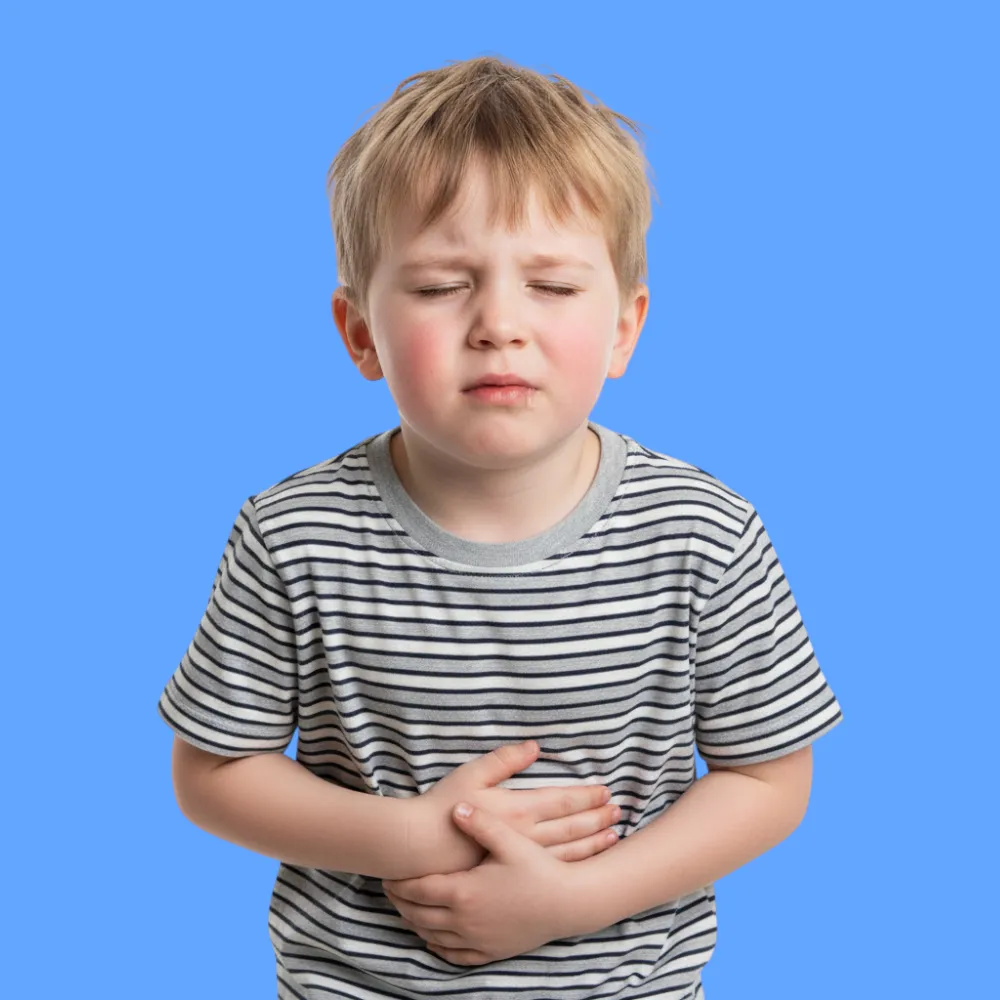What is food allergy?
Food allergy is an immune condition that occurs when the body reacts abnormally to proteins found in certain foods, treating them as harmful substances, which leads to symptoms that may be mild or severe and sometimes life threatening.
This condition is different from food intolerance because it is related to the immune system and not the digestive process.
Causes of food allergy
The most common causes of food allergy include:
- Overactive immune response to specific food proteins
- Genetic factors and increased risk in families with a history of allergies
- Early exposure to allergenic foods during childhood
- Presence of autoimmune diseases or skin disorders such as eczema
- Weak intestinal barrier allowing proteins to enter the bloodstream
- Cross-reaction between food proteins and pollen or other allergens
Symptoms of food allergy

Common symptoms that patients may experience include:
- Skin rash or red spots with itching
- Swelling of lips, face, or throat
- Difficulty breathing or wheezing in the chest
- Stomach pain or cramps with vomiting or diarrhea
- Low blood pressure and feeling dizzy or fainting
- Itching in the mouth or throat after eating
- Eye irritation and runny nose
How is food allergy diagnosed?
Food allergy is diagnosed by reviewing medical history and performing tests such as skin prick test or blood test to measure IgE antibodies.
Sometimes, elimination diets or oral food challenge under medical supervision are used. These steps are essential to identify the cause accurately and prevent complications.
Treatment of food allergy
There are several ways to treat food allergy, including:
- Complete avoidance of allergenic foods
- Using antihistamines to relieve mild symptoms
- Emergency epinephrine injection in severe reactions
- Gradual immunotherapy under medical supervision
- Consulting a nutritionist to design a safe diet
- Regular follow-up with a doctor to monitor the condition
When should you see a doctor?
Seek immediate medical attention if any of the following occur:
- Difficulty breathing or throat swelling
- Loss of consciousness or severe dizziness
- Widespread skin rash
- Repeated vomiting or severe diarrhea after eating
- Severe abdominal pain that does not go away
- Symptoms that persist for a long time or recur without explanation
Tips to prevent the condition
Recommended preventive measures include:
- Carefully reading food labels before purchase
- Informing restaurants about any allergies before ordering
- Keeping an epinephrine injector if there is a history of severe reactions
- Teaching children how to identify allergenic foods
- Avoiding sharing utensils with others
- Washing hands thoroughly after handling food
Frequently asked questions
Can food allergy disappear over time?
Yes, some types may disappear, especially in children.
What is the difference between food allergy and intolerance?
The first is immune-related, the second is digestive.
Can food allergy be cured completely?
There is no permanent cure, but it can be managed.
What are the most common foods that cause food allergy?
Milk, eggs, nuts, fish, wheat.
Article summary
Food allergy is an immune condition triggered by certain foods, causing symptoms like skin rash, breathing difficulties, and digestive issues.
Diagnosis relies on medical tests, and treatment includes avoiding allergenic foods and using medications when needed, along with preventive measures to reduce risks.